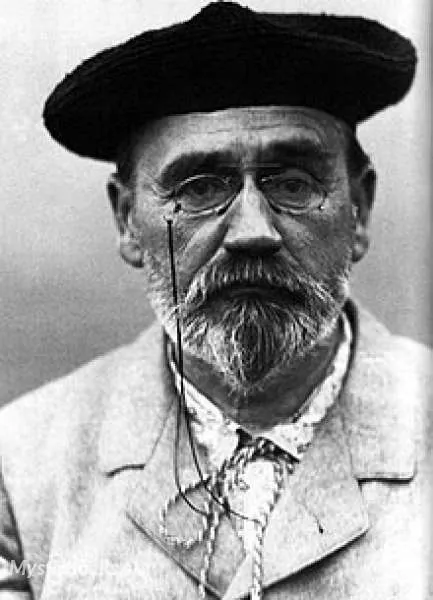
Timeline
Title
Country/Nationality
Emile Zola
Émile Édouard Charles Antoine Zola was a French novelist, journalist, playwright, the best-known practitioner of the literary school of naturalism, and an important contributor to the development of theatrical naturalism. According to major Zola scholar and biographer Henri Mitterand, "Naturalism contributes something more than realism: the attention brought to bear on the most lush and opulent aspects of people and the natural world. The realist writer reproduces the object's image impersonally, while the naturalist writer is an artist of temperament." He was a major figure in the political liberalization of France and in the exoneration of the falsely accused and convicted army officer Alfred Dreyfus, which is encapsulated in the renowned newspaper headline J'Accuse…! Zola was nominated for the first and second Nobel Prize in Literature in 1901 and 1902.
Zola was born in Paris in 1840 to François Zola (originally Francesco Zolla), and his wife Émilie Aubert. His father was an Italian engineer with some Greek ancestry, who was born in Venice in 1795, and engineered the Zola Dam in Aix-en-Provence; his mother was French. The family moved to Aix-en-Provence in the southeast when Émile was three years old. Four years later, in 1847, his father died, leaving his mother on a meager pension. In 1858, the Zolas moved to Paris, where Émile's childhood friend Paul Cézanne soon joined him. Zola started to write in the romantic style. His widowed mother had planned a law career for Émile, but he failed his Baccalauréat examination twice.
Before his breakthrough as a writer, Zola worked for minimal pay as a clerk in a shipping firm and then in the sales department for the publisher (Hachette). He also wrote literary and art reviews for newspapers. As a political journalist, Zola did not hide his dislike of Napoleon III, who had successfully run for the office of president under the constitution of the French Second Republic, only to use this position as a springboard for the coup d'état that made him emperor.
In 1860s, Zola was naturalized as a French citizen. In 1865, he met Éléonore-Alexandrine Meley, who called herself Gabrielle, a seamstress, who became his mistress. They married on 31 May 1870. Together they cared for Zola's mother. She stayed with him all his life and was instrumental in promoting his work. The marriage remained childless. Alexandrine Zola had a child before she met Zola that she had given up, because she was unable to take care of it. When she confessed this to Zola after their marriage, they went looking for the girl, but she had died a short time after birth.
In 1888, he was given a camera, but he only began to use it in 1895 and attained a near professional level of expertise. Also in 1888, Alexandrine hired Jeanne Rozerot, a seamstress who was to live with them in their home in Médan. Zola fell in love with Jeanne and fathered two children with her: Denise in 1889 and Jacques in 1891. After Jeanne left Médan for Paris, Zola continued to support and visit her and their children. In November 1891 Alexandrine discovered the affair, which brought the marriage to the brink of divorce. The discord was partially healed, which allowed Zola to take an increasingly active role in the lives of the children. After Zola's death, the children were given his name as their lawful surname.
Zola died on 29 September 1902 of carbon monoxide poisoning caused by an improperly ventilated chimney. His funeral on 5 October was attended by thousands. Alfred Dreyfus initially had promised not to attend the funeral, but was given permission by Mme Zola and attended. At the time of his death Zola had just completed a novel, Vérité, about the Dreyfus trial. A sequel, Justice, had been planned, but was not completed.
Books by Emile Zola
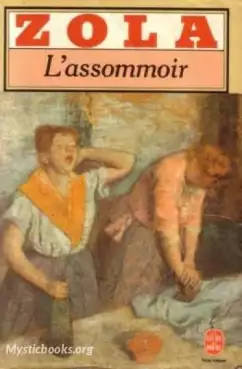
L'Assommoir
L'Assommoir is the seventh novel in Émile Zola's twenty-volume series Les Rougon-Macquart. Usually considered one of Zola's masterpieces, the novel—a study of alcoholism and poverty in the working-class districts of Paris—was a huge commercial succes...
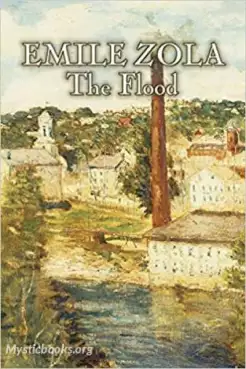
The Flood, L'Inondation
A well-to-do French farm family is destroyed by a flood. The story, thrilling to the very end, is told from the point of view of the family's 70-year-old patriarch. The story speaks of the helplessness of mankind in the face of the forces of nature.
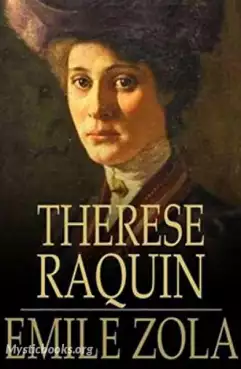
Therese Raquin
Thérèse Raquin is an 1868 novel by French writer Émile Zola, first published in serial form in the literary magazine L'Artiste in 1867. It was Zola's third novel, though the first to earn wide fame. The novel's adultery and murder were considered sca...
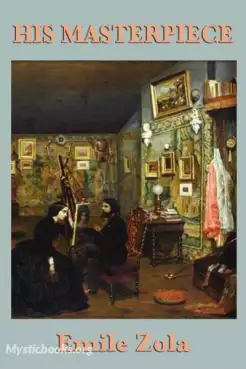
His Masterpiece
L'Œuvre is the fourteenth novel in the Rougon-Macquart series by Émile Zola. It was first serialized in the periodical Gil Blas beginning in December 1885 before being published in novel form by Charpentier in 1886. The title, translated literal...
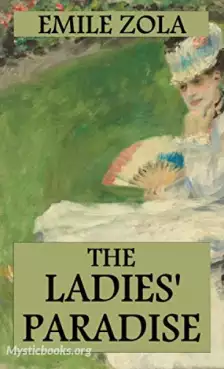
The Ladies' Paradise
The novel uses the lives of two principal characters – Mouret and Denise – to illustrate societal dislocations as a new order slowly destroys the old order. This includes the suffering of people unable to adjust and make way for the new and the hold...

Lourdes
Lourdes is a market town situated in the Pyrenees. It is part of the Hautes-Pyrénées department in the Occitanie region in southwestern France. Prior to the mid-19th century, the town was best known for the Château fort de Lourdes, a fortified castle...
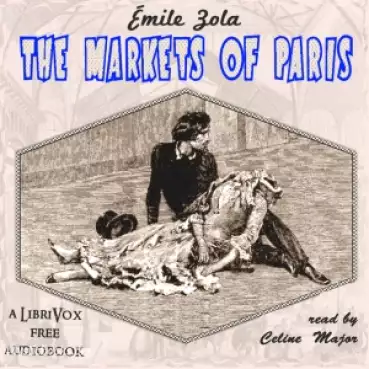
The Markets of Paris
The Markets of Paris is a remarkable work, and is the one which Zola calls his very best novel, and of which he is far more proud than of any others in his Rougon-Marquart series – prouder than of L’Assommoir.
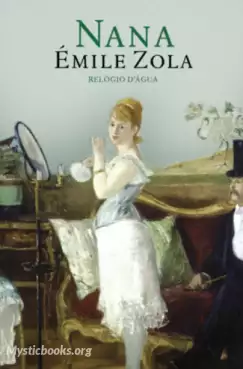
Nana
Nana tells the story of Nana Coupeau's rise from streetwalker to high-class prostitute during the last three years of the French Second Empire. Nana first appeared near the end of Zola's earlier novel Rougon-Macquart series, L'Assommoir (1877), where...
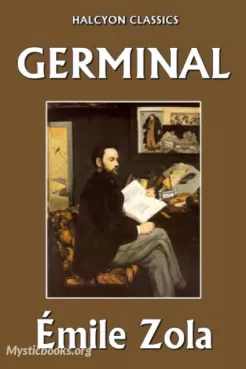
Germinal (English)
In the darkness of a coal mine, a spark of hope ignites a firestorm of revolution. Germinal is a novel by Émile Zola that tells the story of a group of coal miners who go on strike in 19th century France. The novel is a powerful indictment of the ex...
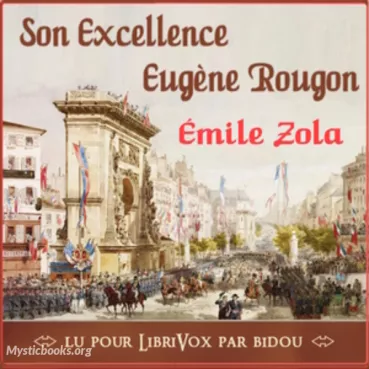
Son Excellence Eugène Rougon
Plongez au cœur des couloirs du pouvoir et de l'intrigue avec "Son Excellence Eugène Rougon" d'Émile Zola, où l'ambition prospère et les machinations politiques se dévoilent au sein de la France du Second Empire. Découvrez la montée inexorable et la...
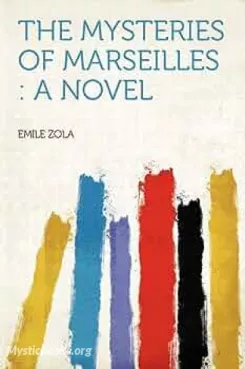
The Mysteries of Marseilles
In the bustling port city of Marseille, love and betrayal, crime and corruption, poverty and wealth collide in a deadly web of intrigue. The Mysteries of Marseilles is a novel by Émile Zola, first published in 1867. It is a dark and suspenseful tale...

The Jolly Parisiennes and Other Novelettes
What if you could peek behind the curtain of Parisian high society and see what really goes on? The Jolly Parisiennes and Other Novelettes by Émile Zola is a collection of short stories that offers a glimpse into the lives of the rich and famous in...

J'accuse...!
J'accuse est le titre d'un article rédigé par Émile Zola lors de l'affaire Dreyfus et publié dans le journal L'Aurore du 13 janvier 1898 sous forme d'une lettre ouverte au Président de la République Félix Faure. Il s'est inspiré d'un dossier fourni e...

Flood
In "Flood," Émile Zola presents a harrowing tale of a prosperous French farming family whose lives are irrevocably shattered by a catastrophic flood. The narrative unfolds through the perspective of the family's 70-year-old patriarch, who bears witne...

Germinal
Germinal is a novel by Émile Zola, first published in 1885. It is the thirteenth in his Rougon-Macquart series and is considered one of his masterpieces. The novel depicts the harsh living and working conditions of coal miners in northern France duri...

Germinal
Germinal is a novel by Émile Zola, the thirteenth installment of his twenty-volume series Les Rougon-Macquart, a naturalistic chronicle of the lives of the Rougon-Macquart family during the Second French Empire. The novel depicts the lives of the imp...
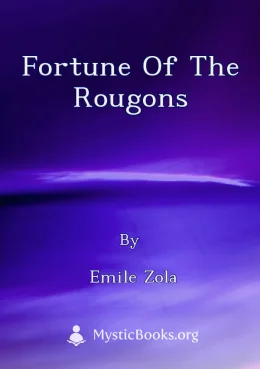
Fortune of the Rougons
This novel, the first installment in Zola's monumental series *Les Rougon-Macquart*, traces the intertwined destinies of the Rougon family, a diverse group of individuals whose lives are profoundly influenced by their shared lineage and the tumultuou...

Rome
Emile Zola's Rome is a complex and multifaceted novel that explores the historical significance of Rome, the future of the Catholic Church, and the nature of faith and skepticism. The protagonist, Abbe Pierre Froment, is a young and idealistic priest...

ensueño
El Sueño, also known as Le Rêve in French, is a captivating novel by Emile Zola that delves into the complexities of love and social class in 19th century France. The story centers around a young orphan girl named Angèle, whose life takes an unexpect...
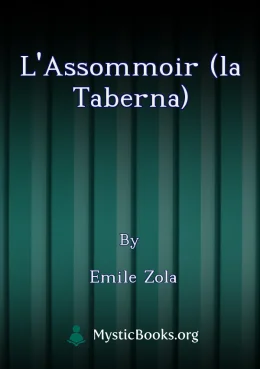
L'Assommoir (la taberna)
L'Assommoir, a powerful and bleak novel by Émile Zola, delves into the harsh realities of life in 19th-century Paris for the working class. It follows the tragic story of Gervaise, a hardworking laundress who falls prey to the destructive forces of p...
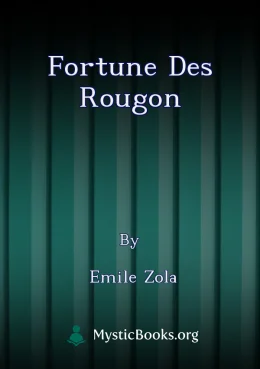
fortune des Rougon
La Fortune des Rougon is the first volume in Émile Zola's monumental Les Rougon-Macquart series, a sprawling family saga that chronicles the lives of several generations of a French family during the tumultuous years of the Second Empire. Set in the...

ataque del molino
The peaceful existence of a small French village is shattered by the arrival of a French battalion seeking refuge in the local mill to halt the advance of Prussian troops. Zola vividly depicts the plight of civilians caught in the crossfire of war an...
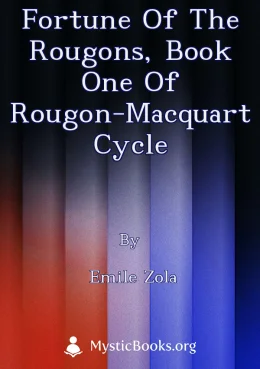
Fortune of the Rougons, Book One of Rougon-Macquart Cycle
'The Fortune of the Rougon' is a sprawling tale of a family in 19th-century Provence during the Second French Empire. The novel explores the intertwining lives of the Rougon-Macquart family, tracing their lineage back to the tumultuous events of the...
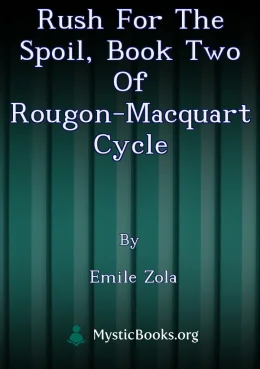
Rush for the Spoil, Book Two of Rougon-Macquart Cycle
The Rush for the Spoil is the second novel in Émile Zola's twenty-volume Rougon-Macquart Cycle. It was first published in 1871 and tells the story of Aristide Rougon, a man who comes to Paris during the Second Empire and makes a fortune through land...
Showing 1 to 24 of 26 results